Optimal Timing for Plaster Installation
Determining the optimal time for plaster installations involves considering weather conditions, humidity levels, and temperature. These factors influence the drying process and the quality of the finish. Typically, dry, mild weather with low humidity is ideal to ensure proper curing and adhesion.
Plaster should be applied during periods of stable, dry weather to prevent moisture-related issues.
Optimal temperatures for plaster application are generally between 50°F and 77°F (10°C to 25°C).
Low humidity levels facilitate faster drying and reduce the risk of cracking or bubbling.
Spring and early fall are often preferred seasons due to moderate temperatures and lower humidity.

Ways to make Plaster Installations work in tight or awkward layouts.

Popular materials for Plaster Installations and why they hold up over time.

Simple add-ons that improve Plaster Installations without blowing the budget.
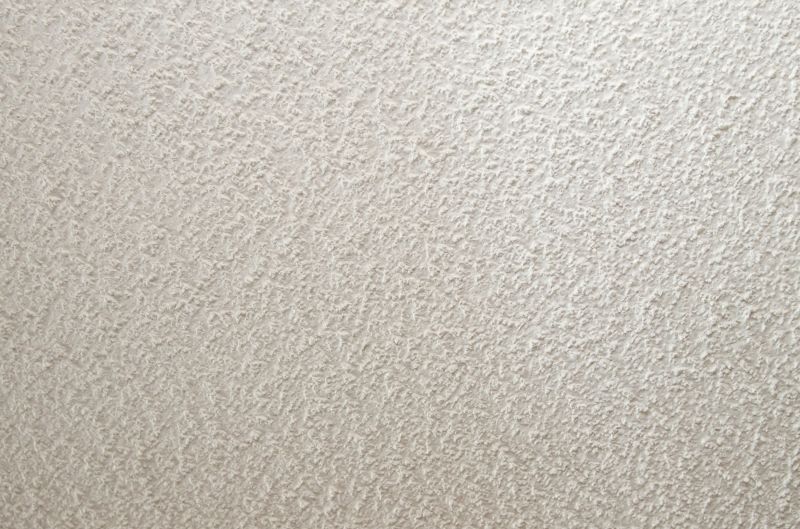
High-end options that actually feel worth it for Plaster Installations.
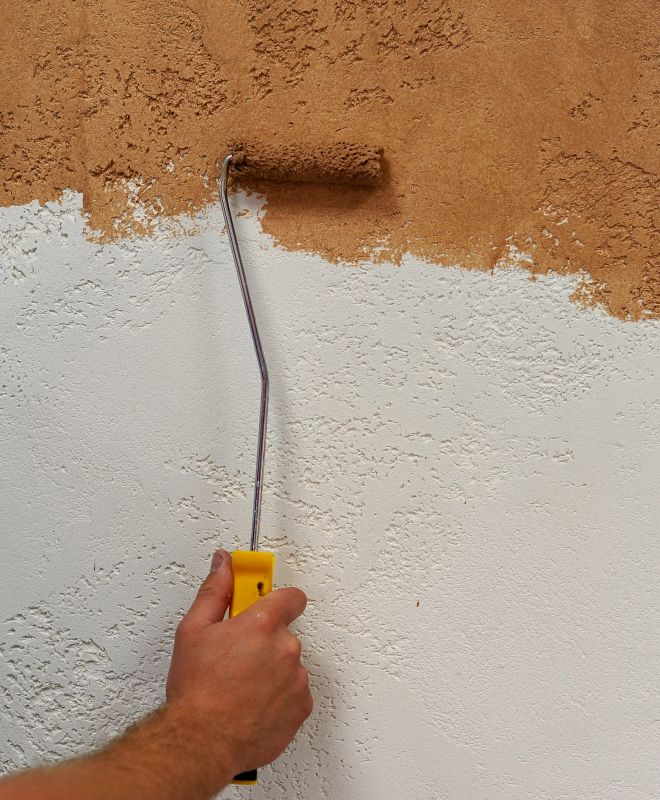
Finishes and colors that play nicely with Plaster Installations.
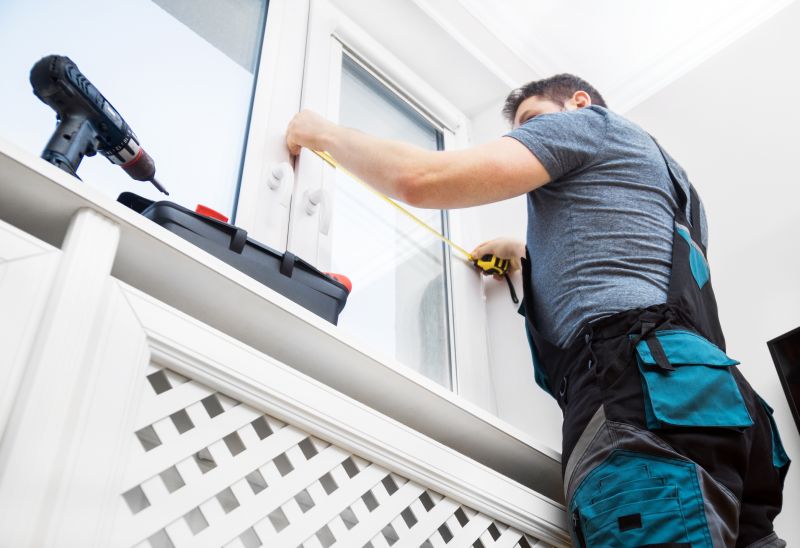
Little measurements that prevent headaches on Plaster Installations day.
Proper timing for plaster installations ensures a durable and high-quality finish. Inappropriate weather conditions can lead to issues such as cracking, uneven drying, or adhesion problems. Planning around favorable weather conditions minimizes the risk of rework and enhances the longevity of the plasterwork.
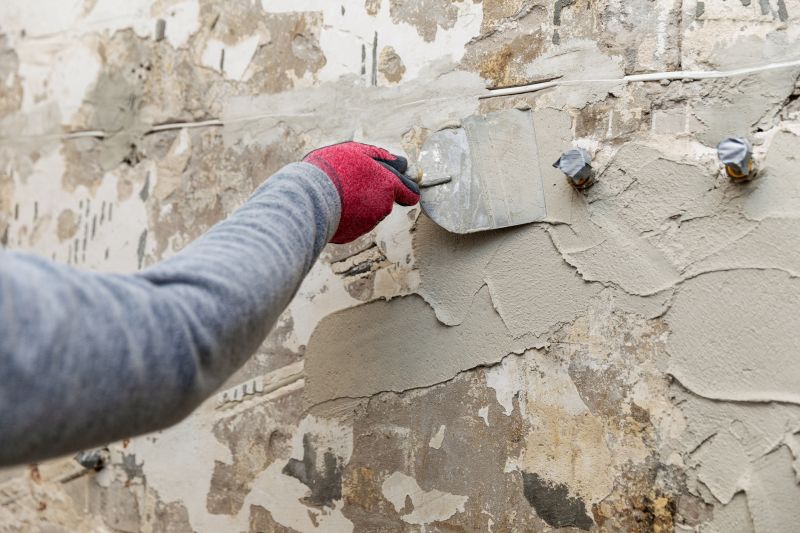
A 60-second routine that keeps Plaster Installations looking new.
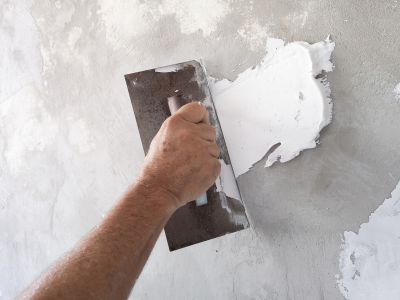
A frequent mistake in Plaster Installations and how to dodge it.
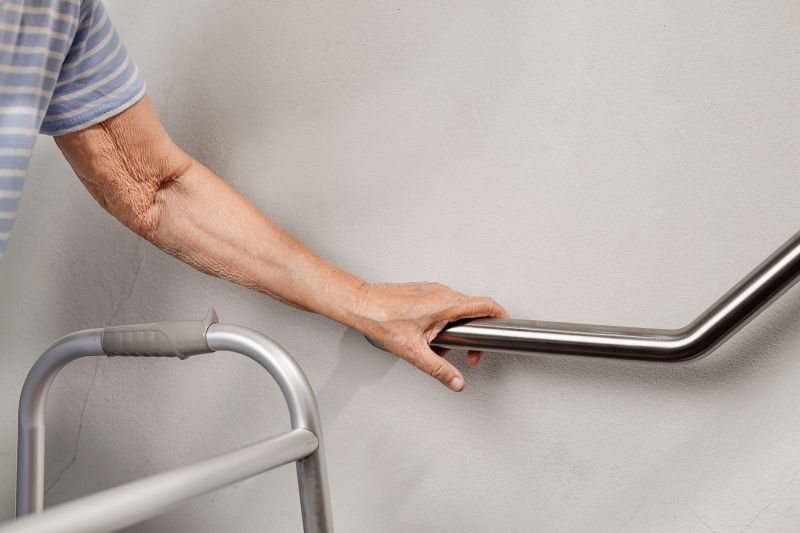
Small tweaks to make Plaster Installations safer and easier to use.
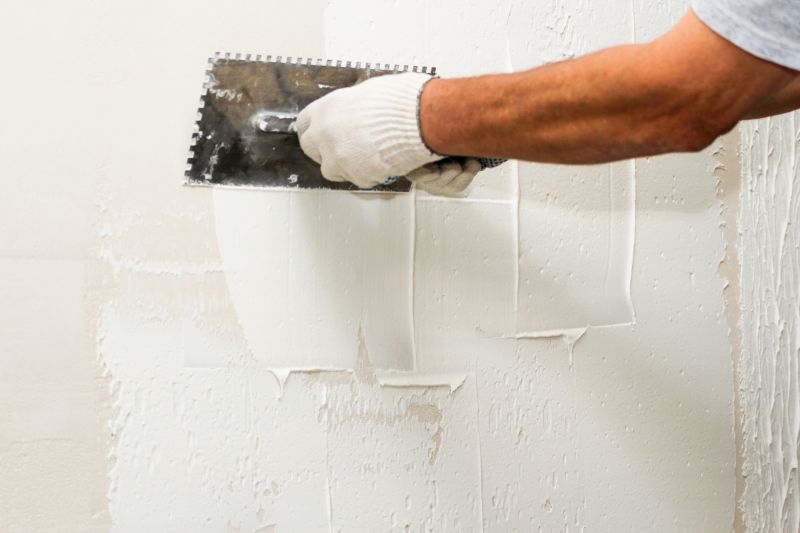
Lower-waste or water-saving choices for Plaster Installations.
| Factor | Ideal Conditions |
|---|---|
| Weather | Dry, stable weather with no rain |
| Temperature | 50°F to 77°F (10°C to 25°C) |
| Humidity | Below 60% |
| Season | Spring and early fall |
| Project Timing | Periods with minimal rainfall |
Scheduling plaster installations during favorable weather conditions is crucial for achieving optimal results. Proper preparation and timing contribute to the durability and aesthetic quality of the finished surface. Consulting local weather forecasts can assist in planning for ideal application windows.
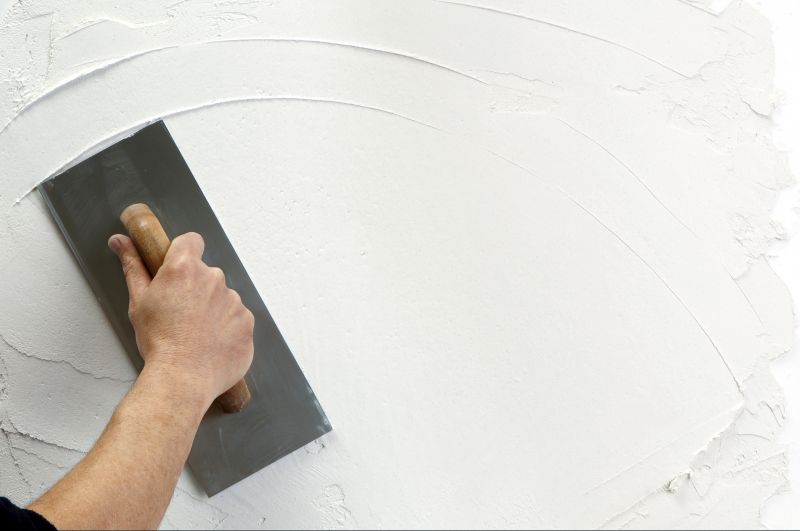
The short, realistic tool list for quality Plaster Installations.
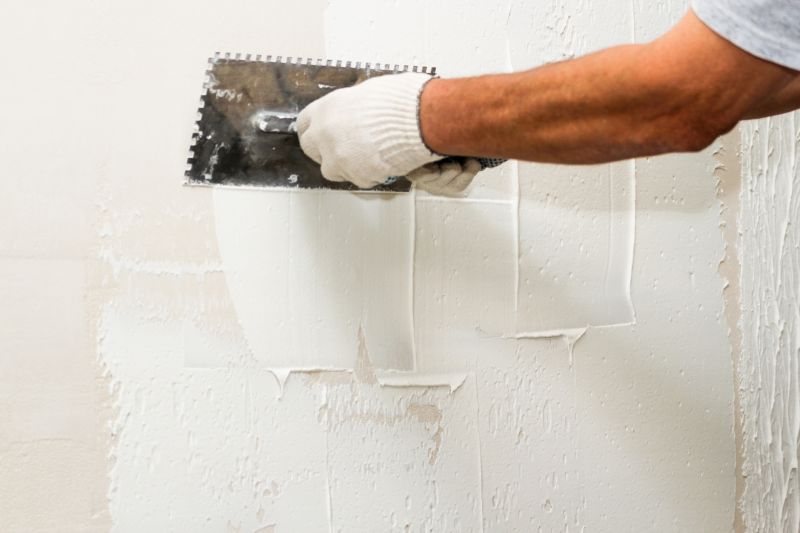
Rough timing from prep to clean-up for Plaster Installations.
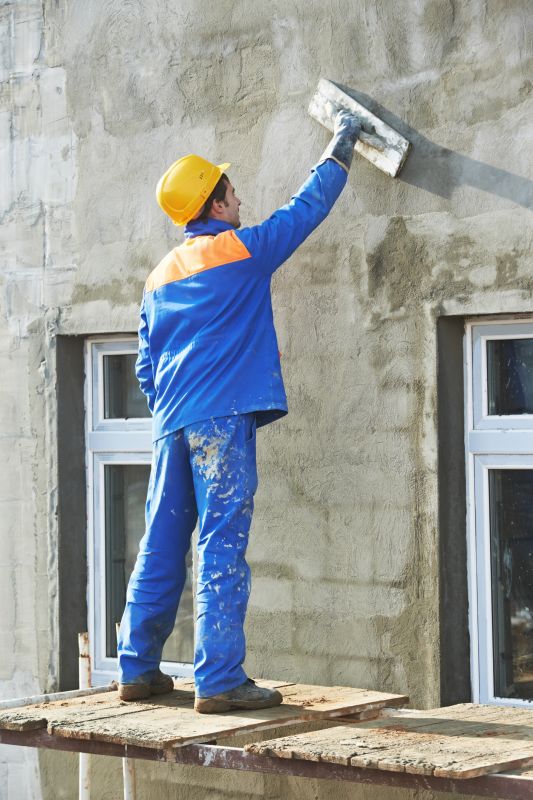
Quick checks and paperwork to keep after Plaster Installations.
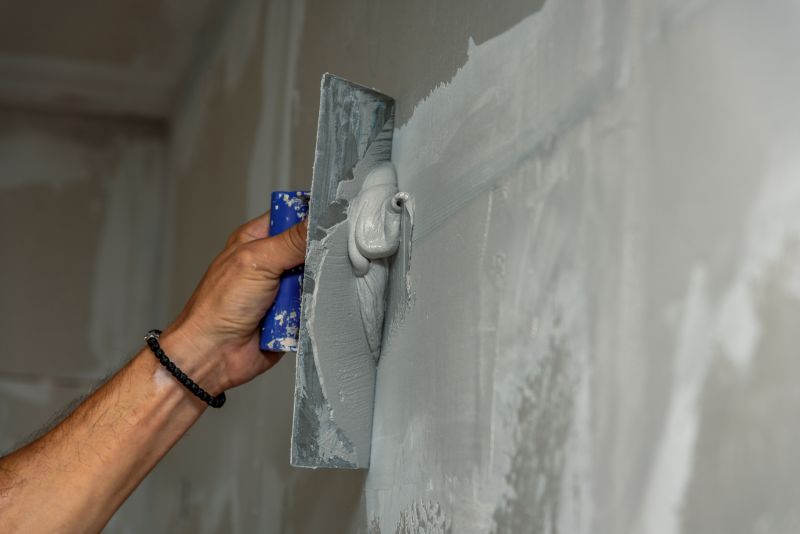
Examples that show the impact a good Plaster Installations can make.
Interested in scheduling plaster installations at the optimal time? Contact for more information and to discuss project timing options.
